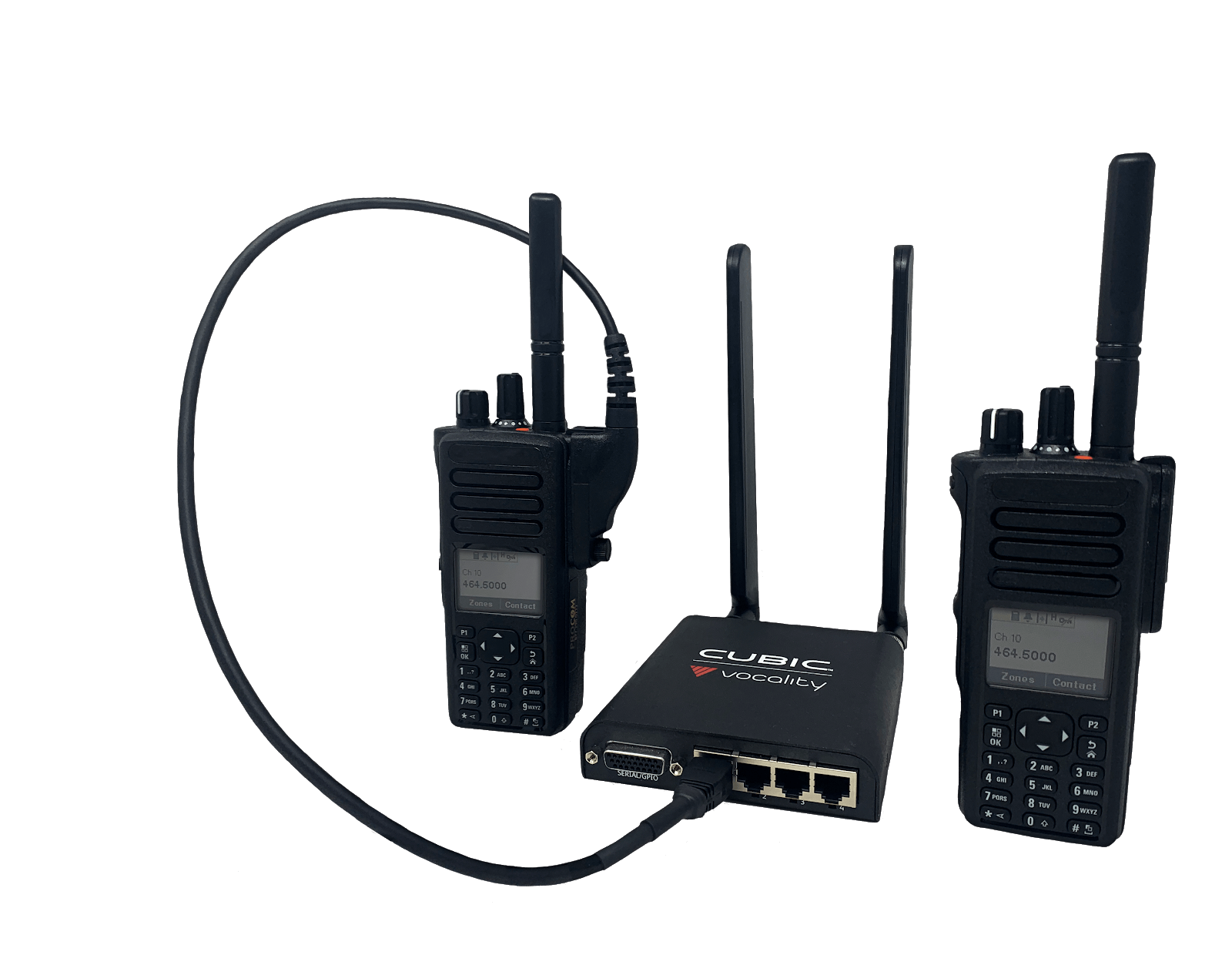Frequently Asked Questions About Radio Over IP
Radio Over IP, also known as RoIP, has revolutionized the way we communicate in various industries, enabling seamless transmission of voice and data over IP networks. As with any technology, questions arise, with one of the most frequently asked questions being what radio over IP is used for. Here are some of the questions you may have about RoIP, along with the answers.
What is Radio Over IP?
Radio Over IP, also known as RoIP, is a communication technology that enables the transmission of voice and data over Internet Protocol (IP) networks. It allows traditional two-way radios to communicate with each other over existing network infrastructures, such as local area networks (LANs) or the internet. RoIP converts analog voice signals from radios into digital data packets, which are then transmitted over IP networks. These packets are received by a RoIP gateway, which converts them back into analog signals that can be transmitted over the radio network. This technology offers numerous advantages, including increased coverage, interoperability, and enhanced functionality.
How Does RoIP Differ From Voice over IP?
While RoIP and Voice over IP, also known as VoIP, share similarities, they are not the same. VoIP is primarily focused on transmitting voice calls over IP networks, typically using devices such as IP phones or softphones. On the other hand, RoIP is specifically designed for radio communications, allowing radios to connect and communicate with each other over IP networks. RoIP systems are typically equipped with additional features like push-to-talk functionality, group communication, emergency alerts, and interoperability with various radio systems, making it suitable for industries where reliable and efficient communication is critical, such as public safety, transportation, utilities, and logistics.
Read more: Predicting the EPL’s Relegated Teams For 2024
What Are the Benefits of Using RoIP?
RoIP offers several benefits for organizations that rely on radio communications. Firstly, it enables seamless communication over long distances by leveraging existing IP networks, eliminating the need for complex infrastructure setup. Additionally, RoIP facilitates interoperability between different radio systems, allowing organizations with multiple radio networks to communicate seamlessly. It also enables advanced features like group communication, emergency alerts, and integration with other systems like dispatch centers and mobile devices. Moreover, RoIP provides better audio quality, encryption capabilities for secure communication, and the ability to record and log radio communications for audit purposes.
What Are the Potential Challenges of Implementing RoIP?
While RoIP offers numerous advantages, there are a few challenges that organizations may face during implementation. One such challenge is ensuring network reliability and quality of service, or QoS. RoIP systems require a stable and robust network infrastructure to ensure uninterrupted communication. Organizations must also consider bandwidth requirements, as RoIP can consume significant network resources, particularly in large-scale deployments. Another challenge is the need for proper integration with existing radio systems and infrastructure. Organizations may require technical expertise and coordination with radio vendors to ensure seamless integration and compatibility.
Is RoIP Ideal For My Organization?
RoIP is suitable for organizations across various industries that rely on radio communications. It is particularly beneficial for industries such as public safety, transportation, utilities, logistics, and manufacturing, where reliable and efficient communication is crucial. If your organization requires long-distance communication, interoperability between different radio systems, advanced features like group communication and emergency alerts, or integration with other systems, RoIP can provide a robust solution. However, it is essential to assess your organization’s specific communication requirements, existing infrastructure, and budget before implementing RoIP to ensure a successful deployment.
Radio Over IP, or RoIP, is a transformative technology that has revolutionized communication in industries relying on radio systems. If you are interested in learning more about this type of technology, and whether it may be ideal for your organization, reach out to us today to learn more.
Read more: Navigating New Beginnings: Moving to a New City With Ease

